Top Class Actions’s website and social media posts use affiliate links. If you make a purchase using such links, we may receive a commission, but it will not result in any additional charges to you. Please review our Affiliate Link Disclosure for more information.
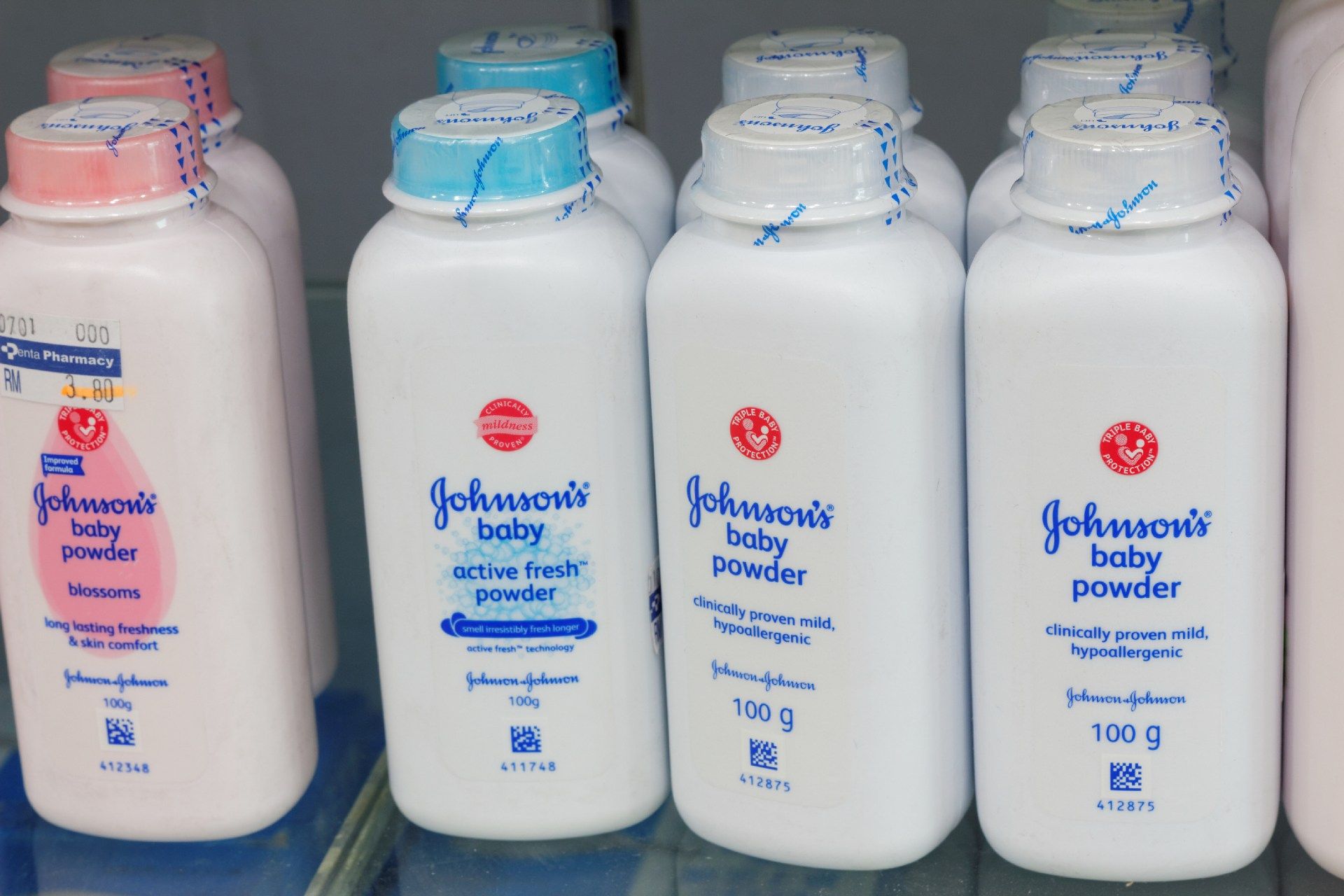
Johnson & Johnson failed to convince the US Supreme Court to hear its appeal of a $2.1 billion verdict in a class action lawsuit that claimed talc in its baby powder products caused ovarian cancer.
On Tuesday, the Supreme Court issued its order declining to hear the company’s appeal in the class action lawsuit originally filed in Missouri federal court.
“This was a victory not just for the amazing women and their families who we were privileged to represent, but a victory for justice,” a lawyer representing the plaintiffs told Law360 after the Supreme Court issued its decision. “This decision sends a clear message to the rich and powerful: You will be held to account when you cause grievous harm under our system of equal justice under law.”
Johnson & Johnson Baby Powder Class Action Lawsuit
The Johnson & Johnson baby powder class action lawsuit alleged that dozens of plaintiffs “bought and used Defendants’ [J&J] products in St. Louis City and later developed ovarian cancer.” The plaintiffs accused the company of knowingly marketed and sold a product that increases consumers’ risk of ovarian cancer.
Following a six-week trial in the St. Louis Circuit Court in July 2018, plaintiffs were awarded a record-setting verdict of $4.69 billion for damages caused by Johnson & Johnson baby powder products. Each woman suing on her own was awarded roughly $25 million while women suing with their husbands were awarded roughly half that amount. The jury also awarded punitive damages against Johnson & Johnson in the amount of $3.15 billion and against J&J Consumer in the amount of $990 million.
Johnson & Johnson was successful in getting the original multibillion-dollar verdict in the baby powder class action lawsuit cut down to $2.1 billion, but the company ran into a wall when it attempted to appeal the entire verdict to the Missouri Supreme Court last year.
No Appeal in $2.1 Billion Baby Powder Class Action Lawsuit
The company argued that too many claims that Johnson & Johnson baby powder products caused ovarian cancer had been consolidated into the class action lawsuit. In addition, the company contended that the jury had been swayed by “heartrending stories” of each of the plaintiffs, skewing their view of the scientific evidence linking baby powder to ovarian cancer.
Johnson & Johnson asked for the US Supreme Court to review the baby powder class action lawsuit after the Missouri Supreme Court declined their bid. It appears that the company has, again, run into a dead-end in the multibillion-dollar verdict.
In a statement issued after the Supreme Court’s rebuff of their appeal, Johnson & Johnson contended that rejection was over legal procedure, not the merits of the case, and unresolved legal issues remain.
“The matters that were before the court are related to legal procedure, and not safety,” said Johnson & Johnson in a Tuesday statement. “Decades of independent scientific evaluations confirm Johnson’s Baby Powder is safe, does not contain asbestos, and does not cause cancer,”
Have you used Johnson & Johnson baby powder products? Tell us about your experience in the comment section below!
The plaintiffs are represented by Kenneth W. Starr, W. Mark Lanier, Kevin P. Parker, Arthur R. Miller Benjamin T. Major, Harvey Brown and K. Rachel Lanier of The Lanier Law Firm; David C. Frederick, Ariela M. Migdal, and Matthew N. Drecun of Kellogg Hansen Todd Figel & Frederick PLLC; Thomas C. Goldstein and Kevin K. Russell of Goldstein & Russell PC; Eric D. Holland and Patrick R. Dowd of Holland Law Firm; and John D. Ashcroft.
The Johnson & Johnson Baby Powder Class Action Lawsuit is Johnson & Johnson et al. v. Ingham et al., Case No. 20-1223, in the Supreme Court of the United States.
Don’t Miss Out!
Check out our list of Class Action Lawsuits and Class Action Settlements you may qualify to join!
Read About More Class Action Lawsuits & Class Action Settlements:



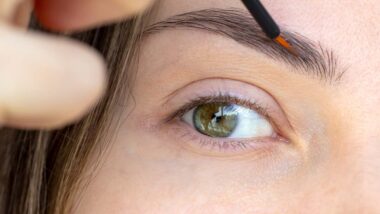


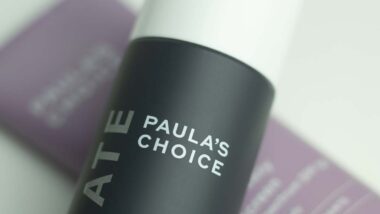
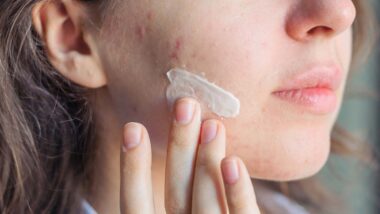
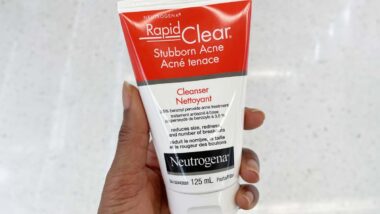
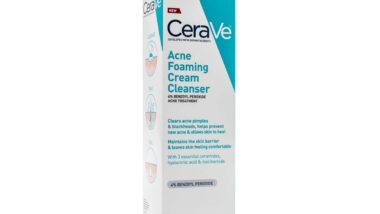
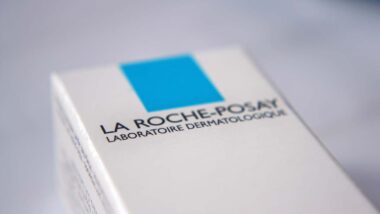

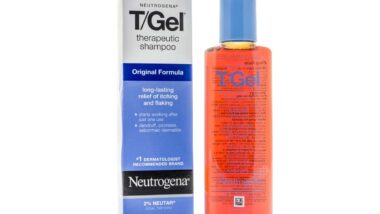


20 thoughts onAppeal of $2.1B Verdict in Johnson & Johnson Baby Powder Class Action Lawsuit Rejected
Add me please
Add me
Add me
Please add me.
Add me THANKS
Please add me
Please add me
Please add me
I used J&J baby powder from 1978 to 2004. In 2004 I was rushed to the ER and had to have an emergency hysterectomy due to abnormal (cancerous) cells in my uterus. I was only 34 and wanted more kids. It ruined my life.
Add me to this as I suffered major side affects and did not realize it was J&J baby powder until too late
Add me please